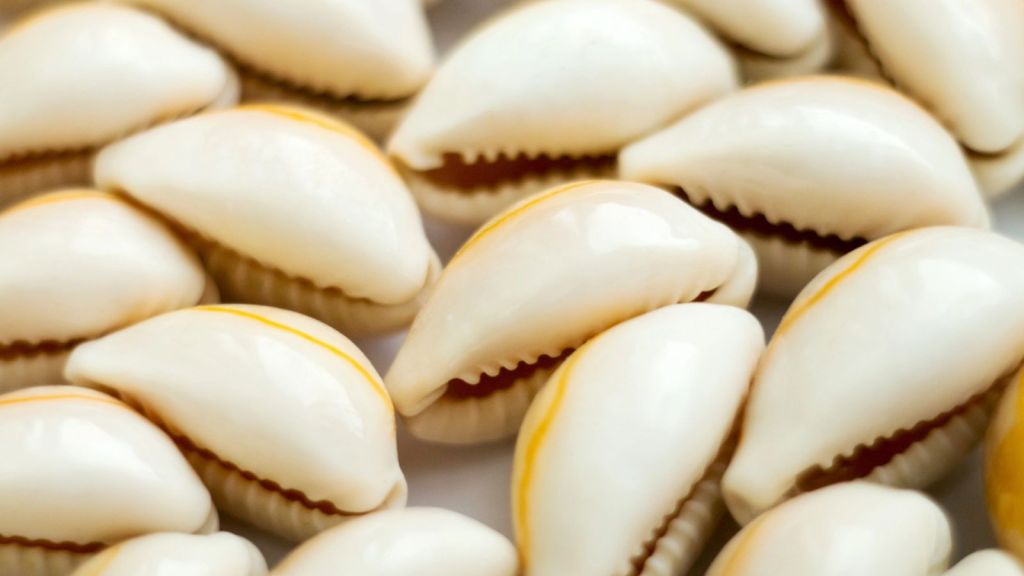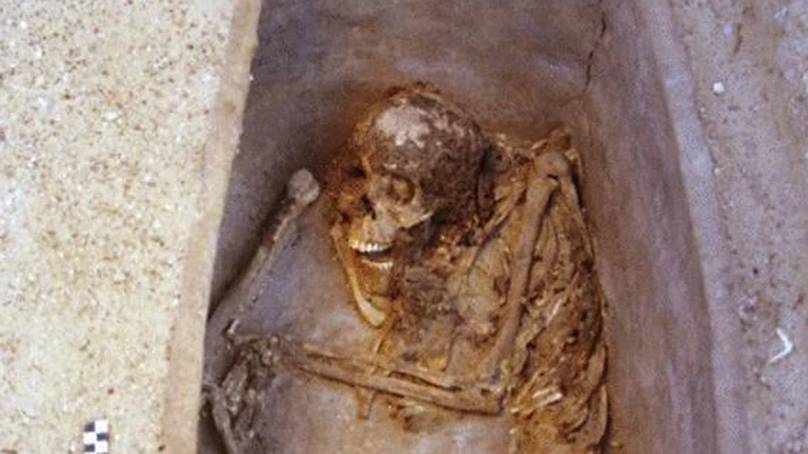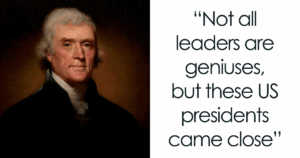“Unveiling the Secrets: What This Shocking Discovery Means for Our Future”
While we often take money for granted in our modern, digitized world, its history is an engaging story intertwined with tales of innovation, deception, and cultural significance. From the earliest bartering systems to the rise of cryptocurrencies, the evolution of money is proof of human ingenuity and our ever-shifting relationship with wealth.
So, prepare to be surprised as we uncover some intriguing historical facts about money. We’ll get into diverse ways in which different cultures have utilized and valued this universal instrument of exchange.
1. Cowrie Shells

In the annals of history, cowrie shells stand out as a fascinating form of currency that once dominated trade routes across Africa and Asia. Prized for their beauty, durability, and relative scarcity, these small, glossy shells served as a medium of exchange for centuries, even finding their way into dowry payments.
Beyond their monetary value, cowrie shells held profound cultural significance, symbolizing wealth, fertility, and even spiritual protection in some societies. Their use as currency is a testament to the resourcefulness and creativity of early civilizations in developing systems of exchange.
2. The Birth of Coins

The Lydians, an ancient civilization in what is now Türkiye, are credited with minting the world’s first coins around 630 B.C. These groundbreaking tokens were crafted from electrum, a naturally occurring alloy of gold and silver, and were adorned with images of animals or mythological beings.













